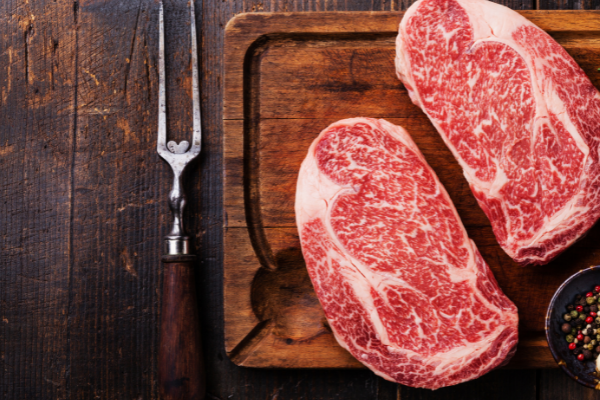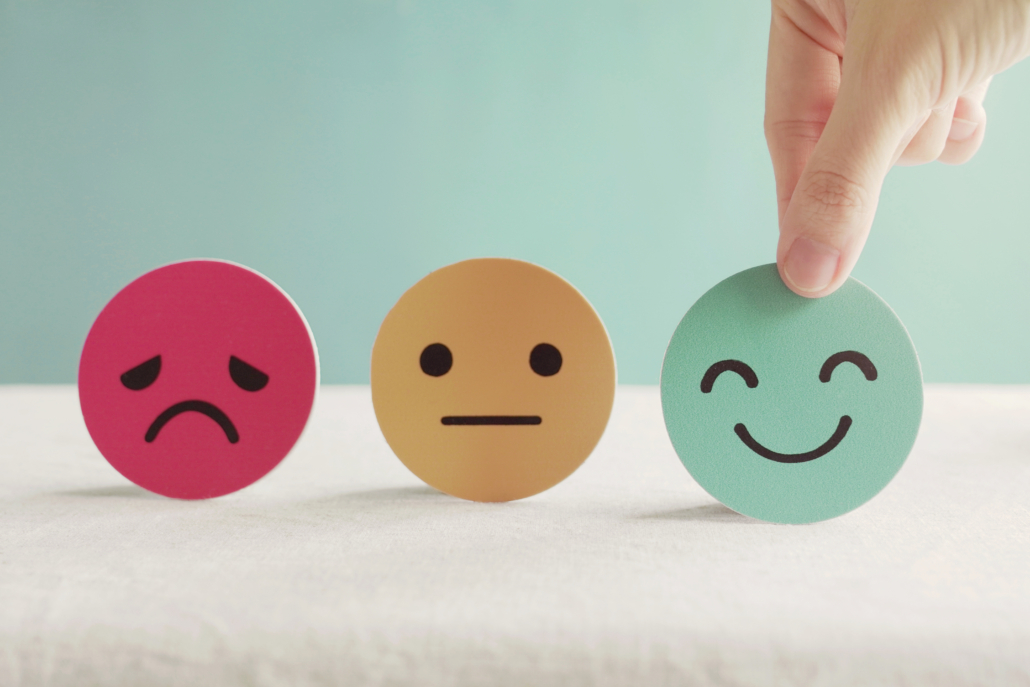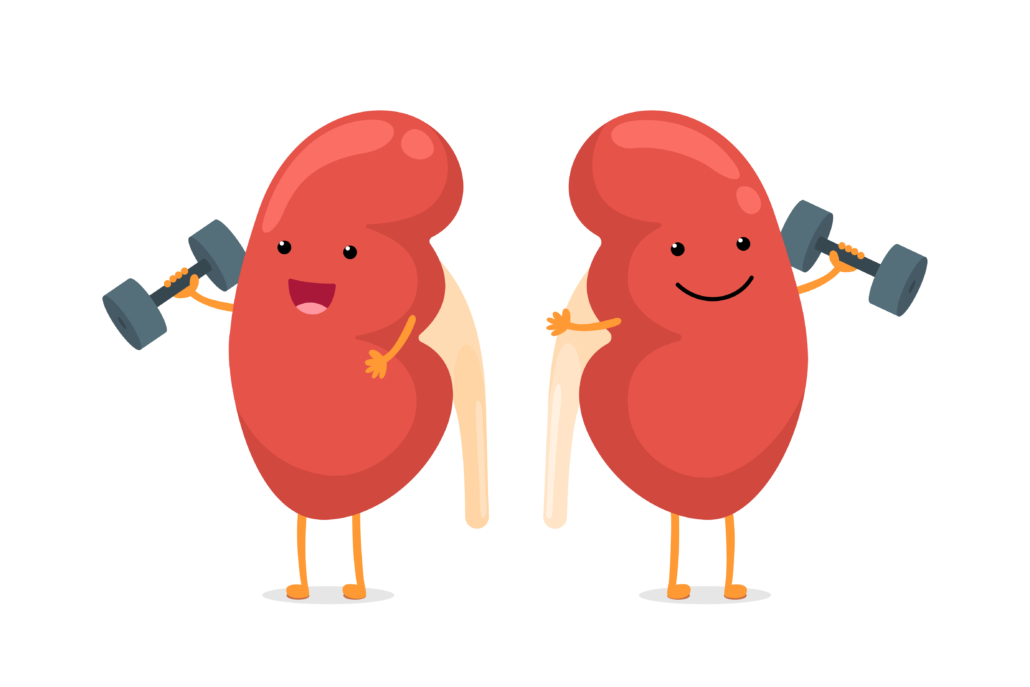We include products in articles we think are useful for our readers. If you buy products or services through links on our website, we may earn a small commission.
Carnivore Diet Diarrhea — And How To Fix It!
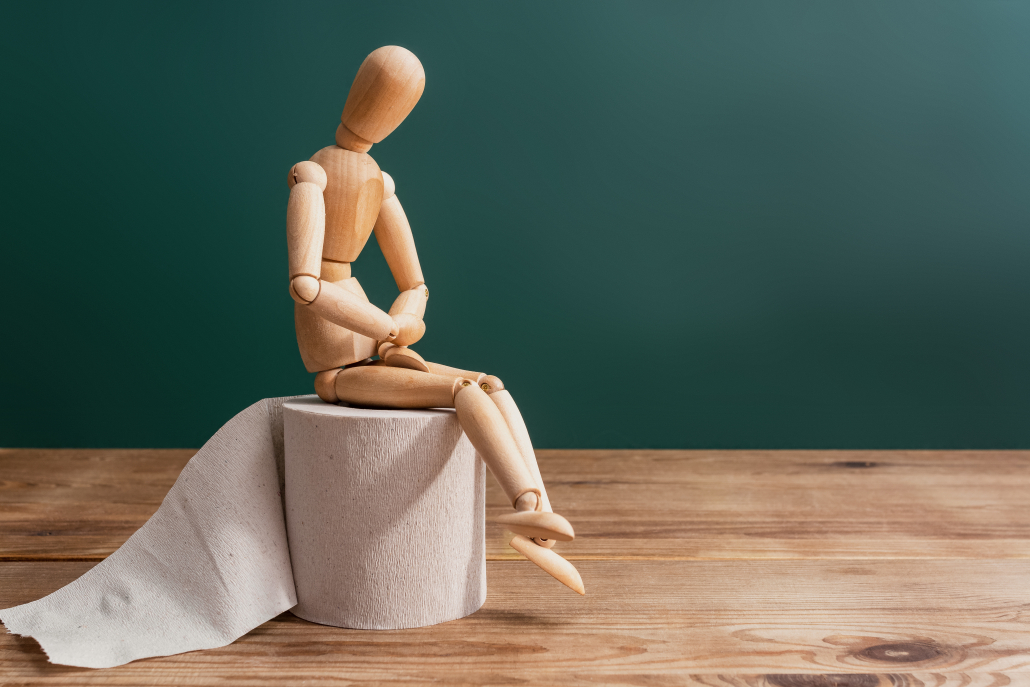
Carnivore Diet Diarrhea — and How to fix it!
For most people, making the transition from the Standard American Diet, to a carnivore diet is a revolutionary metabolic shift. So it’s no wonder that there can be some less than desirable side effects as your body makes the transition. One such side effect can be those farts that go wrong–yep, you know what we’re talking about…carnivore diet diarrhea.
When adapting to a carnivore diet, diarrhea most often occurs because your colon becomes more efficient at absorbing fluid. This leaves plenty of extra fluid in your small intestine. And this liquid needs to be expelled somehow!
Other potential causes of carnivore diet diarrhea include eating too much of the wrong types of fats, or too many irritating seasonings.
In this article, we dive into the lovely subject of diarrhea on a carnivore diet and pull out all the stops when it comes to understanding its causes and remedies.
Table of Contents
What is Diarrhea?
Diarrhea is characterized by runny stools. While diarrhea is usually caused by problems like food intolerances or food poisoning, carnivore diet diarrhea doesn’t imply that anything is wrong. [1]
Reasons for Diarrhea on a Carnivore Diet
Diarrhea is right up there with carnivore diet constipation as far as common side effects go. And like constipation, carnivore diet diarrhea is usually caused by changes in your gut health.
Reason #1: Your gut bacteria is changing
Reason #2: You’re getting used to increased dietary fat
Reason #3: Bile acid isn’t being absorbed
Reason #4: You have nutrient deficiencies
Reason #5: You’re eating too much protein
Reason #6: You’re eating inflammatory foods
Reason #1: Your Gut Bacteria is Changing
One of the best things about going carnivore and ditching fiber is the gut-cleansing effect that follows.
Gut health experts have found that the standard ‘healthy’ diet overloads the digestive tract with more fiber, sugar, and bacteria than it can readily handle, leading to serious problems like leaky gut down the road. [2]
Leaky gut, in turn, can lead to a leaky brain (aka brain fog), food allergies, mood swings, and other cognitive problems. [3]
If you have leaky gut, bacterial overgrowth, or other problems, your transition to carnivore can be a bit of a rough road. Cutting your carbohydrate intake may cause a massive die-off of carb-craving microbes.
When these die off, they have to go somewhere — possibly exiting your body in the form of diarrhea. [4]
Reason #2: You’re Getting Used to Increased Dietary Fat
In addition to cutting out carbs, the carnivore diet also calls for a drastic increase in dietary fat.
Though healthy fats are the perfect fuel source for the human body, they can still take some time getting used to.
Some highly saturated fats, like coconut oil or MCT oil, also have a slight laxative effect.
For your body to successfully digest this extra fat, two things need to happen: bile production and digestive enzymes both need to upregulate.
Bile Production
Bile is one of the most important parts of the digestion process. Whenever you consume fat your digestive tract sends out a special hormone, cholecystokinin (CCK), that makes your gallbladder release bile. This bile, in turn, emulsifies (mixes) fats and prepares them for absorption/assimilation. [5]
Some people use ox bile to speed up this process, which you can certainly do if you have to. Just know that your gallbladder is more than capable of adapting on its own, eventually.
Digestive Enzymes
The stomach enzymes responsible for assimilating dietary fat may also need some time getting used to your newfound love for tallow and fatty red meat . Lipase and amylase are two enzymes that will slowly ramp up as you increase your fat intake. [6]
Reason #3: Bile Acid isn’t Being Absorbed
Bile isn’t especially easy for your body to make. Like many other biological substances, it is usually recycled rather than made from scratch. Studies show that 95-97% of the bile in your body is reabsorbed and reused bile. [7]
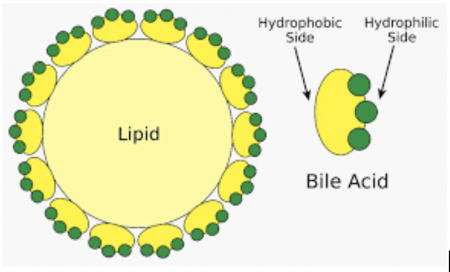
Bile acid is the perfect substance for breaking down hydrophobic lipids. Image from biologydictionary.net
Bile isn’t always reabsorbed correctly, especially when an unusual influx of added bile is introduced to your digestive process. Bile is mildly toxic to some colon cells, so extra bile that winds up in your small intestine or colon can easily cause diarrhea.
If you have IBS/IBD, bile problems when adapting to carnivore are definitely something to look out for. [8]
However, most Bile Acid Malabsorption is caused by chrone’s disease, celiac disease, and intestinal bacterial overgrowth, the very disorders that a carnivore diet directly combats.
If you’re worried about bile malabsorption when it comes to digesting a high fat diet, you may want to try a carnivore adjacent diet. This way of eating allows for some fruits and root vegetables like potatoes. You can formulate a carnivore adjacent diet so that you do not enter ketosis and therefor will not have to rely on eating an abundance of fat as the primary fuel for your body.
If all else fails, there are also very effective medications to treat diarrhea associated with bile acid malabsorption:
- cholestyramine (Questran)
- colestipol (Colestid)
- colesevelam (Welchol)
Reason #4: You Have Nutrient Deficiencies
Fat-soluble vitamins A and D are two of the most important nutrients for gut health. Both A and D help regulate bile acid levels and overall gut health. [9]
Unfortunately, deficiencies of these two vitamins are very common. One study found that 82% of IBS patients, and 31% of healthy patients were vitamin D deficient. [10] If your vitamin D levels are low, your body may have a hard time meeting the increased bile acid demands seen with a carnivore diet.
General malnutrition may also increase your chance of carnivore diet diarrhea. Deficiencies in everything from zinc to butyrate can result in low gut adaptability. [11]
Reason #5: You’re Eating Too Much Protein
Experts of nearly all nutritional backgrounds agree that getting adequate protein is a good thing.
Just like with fat metabolism, though, your body needs time to adjust to higher protein consumption. And even after you adjust, protein can still contribute to diarrhea.
That’s because protein ingestion in excess of what your stomach enzymes are capable of breaking down can get converted to ammonia, a toxic byproduct. [12]
In order to expel this extra ammonia, your body may resort to speeding up transit time dramatically — aka having diarrhea.
If you’re a carnivore dieter who’s taken to eating 3-4+ pounds of meat a day, you may want to cut back a little. Consider swapping out some of that meat with some extra butter or ghee.
It’s worth noting here that a well-formulated carnivore diet follows a ketogenic macronutrient ratio of 70-80% of your total calories from fat.
Learn more about creating a healthy carnivore diet food list here, and a balanced meal plan here.
Reason #6: You’re Eating Inflammatory Foods
Even the carnivore diet isn’t without potential downsides. That’s because certain carnivore-friendly foods can irritate your gut. Potential problem foods include:
Chicken and Pork
Chickens and pigs aren’t ruminant animals, which means they are what they eat. Neither species can convert unhealthy fats in their animal feed into anything that’s healthy for us. [13] If your carnivore diet has you eating large amounts of conventionally-raised chicken, pork, or duck, you may want to switch to more grass-fed ruminant meats.
Dairy
In a perfect world, premium dairy products would be readily available to all. The dairy foods in most grocery stores, however, are anything but premium — they often contain gums, additives, bad microbes, and/or synthetic vitamins. [14] Many people don’t have the epigenetic wiring needed to correctly digest these foods.
If you want to set yourself up for success with dairy, consider finding a good source of raw milk or cheese. Raw dairy contains enzymes that assist with its own digestion.
For most people you can also see immediate improvement by chosig A2 dairy. A2 refers to a an alternative type of milk protein. Most cows’ milk has A1 proteins. These break down into beta-casomorphin 7, a molecule that has been linked to cardiovascular and autoimmune disease. [36] [37] [38]
A2 milk protein is digested differently, and can be found in all goat, sheep, buffalo milk, even when it isn’t labeled A2.
Many people begin the carnivore diet by eliminating dairy, and then adding it back in after they become adapted.
Eggs
The quality of most modern eggs is also questionable, and even the best eggs have potential allergens in their whites. Egg whites can also interfere with the absorption of the yolk’s biotin content. [15]
You can learn more about choosing the best eggs to buy, here.
How to Treat Carnivore Diet Diarrhea
You can reduce your chances of getting carnivore diet diarrhea in a variety of ways. Any and all of the following things may help:
- Hydration
- Electrolytes
- Bone broth
- Other supplements
- Movement
Hydration
Staying hydrated is always important — and it becomes even more important when making the transition to carnivore.
When your body switches from carbs (and remember carnivore diets have almost zero carbs) to using fat for fuel, your body uses up it’s glycogen (stored carbs), These molecules are attached to lots of water molecules, so end up expelling a lot of water. While this drop in water weight may look good on the scale, it can also result in excess bowel movements.
The solution? Do your best to stay hydrated by drinking more water and consuming more salt than normal (more on salt later, in the electrolytes section).
Some experts recommend 2-2.5 liters of water per day during the transition period. [15] Keep in mind that coffee, tea, and bone broth all count towards your daily liquid intake. [16]
You can gauge your hydration status by paying close attention to your urine color. It should be light yellow.
Electrolytes
A low carb, carnivorous diet almost always causes certain metabolic changes. Expect to shift into ketosis — fat burning mode — after several days of low-carb eating.
You may need to up your salt intake during this phase since your kidneys excrete excess sodium while in ketosis. Eating up to 5 grams of salt each day can help you stay hydrated and avoid carnivore diet diarrhea and other side effects.
Other electrolytes supplements like magnesium, may also assist with digestion. (Although too much magnesium can have a laxative effect, so dial in your dose slowly.) [17]
Recommended daily electrolyte intake
- Na (Sodium): 2-7g/day
- K (Potassium): 500-3,500 mg/day
- Mg (Magnesium): 250-500 mg/day
Bone Broth
Bone broth provides water, calcium, sodium, and potassium — all things that can keep your body’s hydration status in range and prevent carnivore diet diarrhea.
The gelatin in bone broth can also help prevent diarrhea. It seals up leaky gut junctions, allowing food to move through the digestive tract at the right rate. Animal studies show that gelatin can heal the digestive tract’s delicate microbial lining. [18][19][20]
Other Supplements
If you’ve tried the above solutions and are still struggling with diarrhea on the carnivore diet, it may be time to try supplements.
Lipase, ox bile, and/or betaine HCL may all help your body acclimate to a higher fat diet while keeping side effects to a minimum. [21]
Supplemental ox bile provides a convenient way to assist your own liver’s production of fat-digesting bile. Bile, in turn, can boost your body’s absorption of some of the most important fat-soluble vitamins. [22]
Don’t forget about supplemental superfoods, either. Both beef and chicken liver are excellent sources of choline, a B vitamin that assists with fat digestion. [23]
You can also add in these benefits with liver supplements, and organ meat supplements.
Movement
Gentle movement like yoga can also help regulate your bowel frequency. While movement is most often used to ward off constipation, it may allow you to avoid diarrhea, too.
Even a short walk after meals is enough to get things moving in the right direction. One Asian proverb surmises walking’s benefits well: “If you take 100 steps after each meal, you’ll live to 99.” [24]
Carnivore Diet Diarrhea: The Takeaway
Carnivore diet diarrhea does happen.
Thankfully, this type of diarrhea isn’t a sign of illness or infection — for most people it’s temporary and reversible.
If you give your gut bacteria some time to adjust, correct underlying nutrient deficiencies (carnivory can help!), balance your protein and fat intake, and avoid inflammatory foods, you’ll be able to make the switch with a minimum of carnivore diet side effects.
Following the hydration and supplementation guidelines we described above should be more than enough to get things moving in the right direction (which might be no direction at all, at least for a little while).











